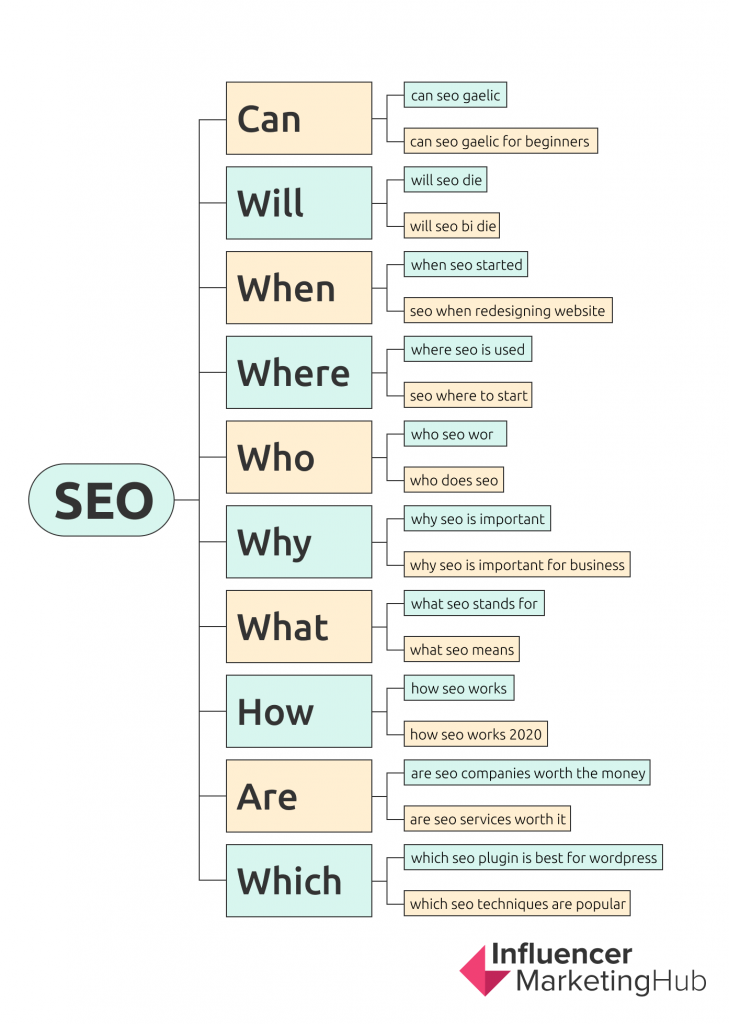Did you know that 27% of people on the internet conduct voice searches on their mobile devices? That’s a huge number and one that any website owner can’t afford to ignore. You cannot just rely on old SEO techniques anymore.
Moreover, if you don’t optimize for voice search, then you lose aс significant share of website traffic that is generated via these searches. Clearly, you need to optimize for voice search as its share of total searches is only expected to grow. In this post, we will discuss five strategies that experts use to optimize websites for voice search. Let’s get started.
How to Optimize Your Website for Voice Search:
Use Long, Conversational Keywords
The most distinguishing feature of voice searches is the use of long sentences like you would use when talking to a person. People tend to use longer search queries when doing a voice search and shorter ones when typing.
Therefore, the main difference in terms of SEO for voice search is in the use of long, conversational keywords for voice search optimization. You don’t need to change your keyword strategy but simply use longer keywords.
Most people tend to use questions when doing a voice search. Therefore, it is important to include question-type keywords in your website content.
You can find these using a tool like StoryBase or Answer The Public to find questions that people search for, on any topic. If you are already using SEMrush for analytics, you can try the Mind Map feature to get content ideas and question-type keywords on a topic.

Another thing that you need to keep in mind when selecting keywords is to use natural language keywords. Think about how you would search for a particular query using a voice assistant. What kind of terms or language would you use?
This perspective will help you find and use the most relevant keywords for voice searches in your niche.
Focus on Local SEO
Another characteristic of voice searches is that a lot of them focus on local searches. This calls for the need to optimize your website for local searches.
Here are a few things that you can do to optimize your website for local voice searches.
Get a Google My Business Listing
Have you ever done a local search, voice or otherwise, using your mobile phone? Did you look beyond the Google listings that show at the top of your search results?
For most people who have ever done a local search, the answer to the second question is “No”.
Most people just look at the Google listings and call a business directly from there, without even visiting the website. That is why it is important to list your business there.
While Google My Business is the most important directory because it always ranks first, other directories can also help. Directories are often ranked higher than individual business websites for business-related local searches.
If a person searches for “restaurants near me” or something similar, then they will first see Google listings and then a few directories in the search results. Sometimes, you might even see the name of a particular restaurant, but that will most likely be the business listing in a directory.
The reason that directories rank higher than individual websites is that they have a lot more pages and keywords than any local business can have on their website. That is why it is important to list your business, not just on Google My Business but other directories as well.
Use Location-Specific Keywords
Another way to get local online traffic is to include your location in your website content. This includes titles, URLs, meta descriptions, etc.
You can also include nearby landmarks in your keywords as people are likely to mention them in voice searches.
For example, let’s say that someone is in Times Square and is looking for a restaurant nearby. Even though the location is Manhattan, they are most likely to search using terms like “restaurants near me” or “restaurants in Times Square”.
If you have optimized your keyword and included “New York” and “Manhattan” in your keywords, you might still not rank for these search queries.
That is why it is important to get as specific as possible when including locations and landmarks in your keywords.
Use “Near Me” in Titles, Tags, and Content
As discussed above, a lot of people perform local voice searches by using the term “near me” in their search queries. If you add this in your titles, tags, meta descriptions, URLs, and content, then your chances of ranking will improve.
Think of it as a side keyword that you need to add to your main keywords. Let’s say your main keyword is “digital marketing consultant”. Then, you need to add the side keyword “near me” and use the keyword “digital marketing consultant near me”, wherever possible.
Try this technique and you will see your website ranking higher for “near me” searches.
Use Structured Data
While a lot of voice searches are local searches, people also search for other things using their voice assistants. For such search queries, local SEO can’t help you and you need a different strategy.
One such technique is to use structured data to make your website stand out from others on the Google SERPs. Websites that use structured data appear differently on the Google SERPs than the normal search results.
For example, if you search for “pasta recipes” then you will see some visual search results categorized under “recipes” and “videos”. These are the websites that have used structured data.

Source: google.com
These search results immediately grab attention and people usually don’t look beyond these results. So, even if your website is ranking on the first page of Google’s search results, you won’t get as much traffic as these ones.
Create Solution-Focussed Content
People mostly use voice searches to find an answer to a question or solve a problem. If you
Want your website to rank for these searches, then you need to address them in your content.
Create content that answers the most common consumer questions in your niche. Provide actionable insights that people can use in real lives. Keep the language natural and easy to understand.
Also, ensure that your content can be scanned. This means that if a user quickly glances through your content, they should get the answers that they’re looking for.
You can do this by dividing your content into relevant sections and using bullet points. Listicles work really well because they make it easy for people to get the gist of the article.
Think of it like this: if people are using voice search to ask questions, then your content should be able to answer those questions.
To ensure that your website content is SEO-friendly, you can conduct a content audit. You can also use content optimization tools to help you create good content that ranks.
Optimize for Mobile Devices
Last but not least, make your website mobile-friendly. A huge number of voice searches are done via mobile devices.
Mobile users don’t like to wait for a site to load and usually just move on to the next site. So, if your website is not mobile-friendly then you will lose a significant share of traffic.
Here are some of the ways in which you can optimize your website for mobile:
- Use a mobile-responsive theme for your website
- Test and improve your site’s loading time by:
- Compressing all images
- Optimizing your website’s CSS, HTML, and JavaScript code
- Using a content delivery network instead of delivering files from a single server
- Using caching to save some files in a convenient location like a user’s local device
- Reduce the font and formatting to fit a smaller screen
- Use Accelerated Mobile Pages (AMP)
- It removes unnecessary media and advanced website layouts
- This helps create a mobile-friendly version of your website
- Test the mobile-friendliness of your website using Google’s Mobile-Friendly Test
- You should do this both at the beginning and end of your mobile optimization process
These are just some many things that you can do to make your website mobile-friendly. If you haven’t done this yet, it’s time that you start because a mobile-friendly website is a prerequisite for optimizing it for voice search.
Conclusion
Voice search has been growing in popularity and usage in recent years and it is expected to grow further in the near future. This calls for a need to make your websites optimized for voice searches or you will miss out on a huge share of traffic.
These are some of the most effective techniques to optimize your website for voice search. These tips keep the characteristics of voice search in mind and then provide you with ways to leverage them.
Use these techniques to optimize your website and prepare for the upcoming surge in voice searches.


